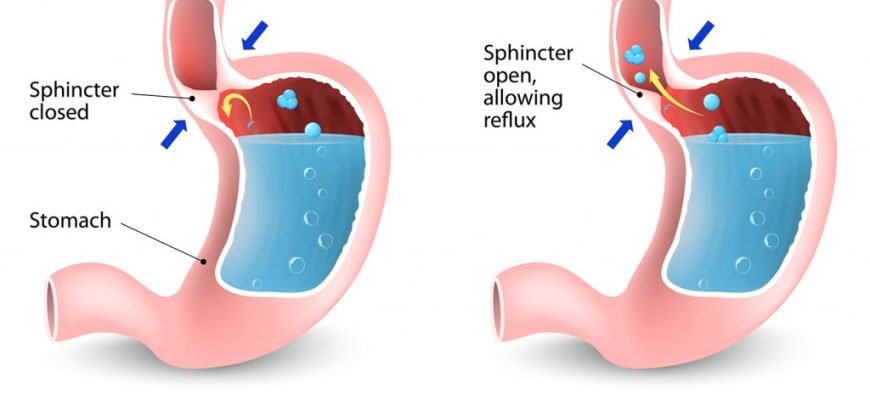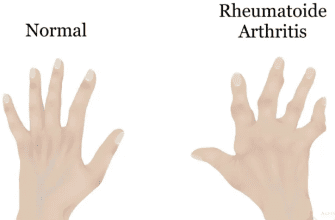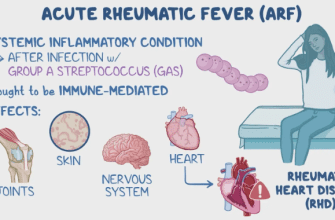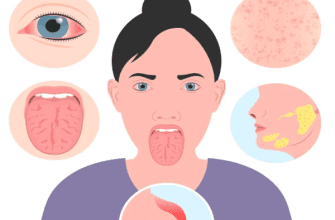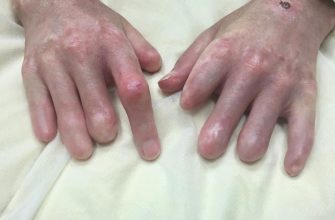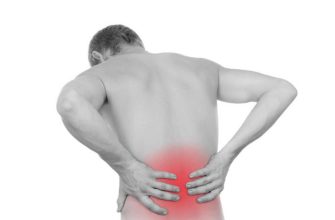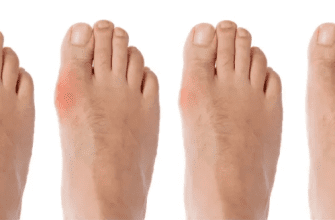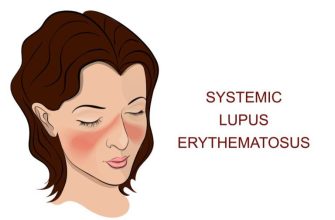GERD is a chronic condition where stomach acid frequently flows back into the esophagus, causing irritation and inflammation. Unlike occasional heartburn, GERD occurs ≥2 times/week and can lead to complications if untreated.
Etiology (Causes & Risk Factors)
Primary Causes:
✔ Weak lower esophageal sphincter (LES) – Fails to close properly
✔ Hiatal hernia – Stomach protrudes into chest, worsening reflux
✔ Delayed stomach emptying (gastroparesis)
Contributing Factors:
- Obesity (increased abdominal pressure)
- Pregnancy (hormonal changes + pressure on stomach)
- Certain foods (fatty/spicy foods, chocolate, caffeine, alcohol)
- Smoking – Relaxes LES
- Medications (NSAIDs, calcium channel blockers, antidepressants)
Types of GERD
- Non-erosive reflux disease (NERD) – Symptoms without esophageal damage (most common)
- Erosive esophagitis – Visible esophageal inflammation (seen on endoscopy)
- Barrett’s esophagus – Precancerous cell changes (long-term GERD complication)
- Extraesophageal GERD – Affects throat/lungs (chronic cough, hoarseness)
Symptoms
Common Symptoms:
- Heartburn (burning chest pain, worse after meals/at night)
- Regurgitation (sour/bitter taste in mouth)
- Difficulty swallowing (dysphagia)
- Chronic cough or hoarseness
Alarm Symptoms (Require Urgent Evaluation):
- Weight loss
- Vomiting blood or black stools
- Severe chest pain (mimics heart attack)
- Choking sensation
Diagnosis
- Clinical evaluation – Symptom assessment (GERD questionnaires)
- Upper endoscopy (EGD) – Checks for esophagitis/Barrett’s
- pH monitoring – Measures acid exposure in esophagus
- Esophageal manometry – Tests LES muscle function
- Barium swallow X-ray – Detects hiatal hernias
Treatment
1. Lifestyle Modifications
- Elevate head of bed (prevents nighttime reflux)
- Avoid trigger foods (citrus, tomatoes, mint, carbonated drinks)
- Lose weight if overweight
- Eat smaller, earlier dinners (no meals <3 hours before bed)
2. Medications
- Antacids (Tums, Maalox) – Quick relief
- H2 blockers (Famotidine, Ranitidine) – Reduce acid
- Proton pump inhibitors (PPIs) (Omeprazole, Pantoprazole) – Strongest acid suppression
- Prokinetics (Metoclopramide) – Help stomach empty faster
3. Surgery (For Severe Cases)
- Fundoplication – Wraps stomach around LES to strengthen it
- LINX device – Magnetic bracelet around LES
Prevention
✔ Maintain healthy weight
✔ Quit smoking & limit alcohol
✔ Wear loose-fitting clothes
✔ Manage stress (can worsen reflux)
When to See a Doctor
Seek immediate care if:
- Chest pain with sweating/shortness of breath (rule out heart attack)
- Vomiting blood or black stools
- Unexplained weight loss
Schedule a visit if:
- Heartburn ≥2x/week
- Over-the-counter meds don’t help
- Chronic cough or hoarseness
How to Avoid GERD
- Identify & eliminate food triggers
- Sleep on your left side (reduces nighttime reflux)
- Chew gum (increases saliva to neutralize acid)
- Avoid lying down after meals
Final Note:
Untreated GERD can cause esophageal strictures, Barrett’s esophagus, or cancer. If symptoms persist despite lifestyle changes, consult a gastroenterologist.
